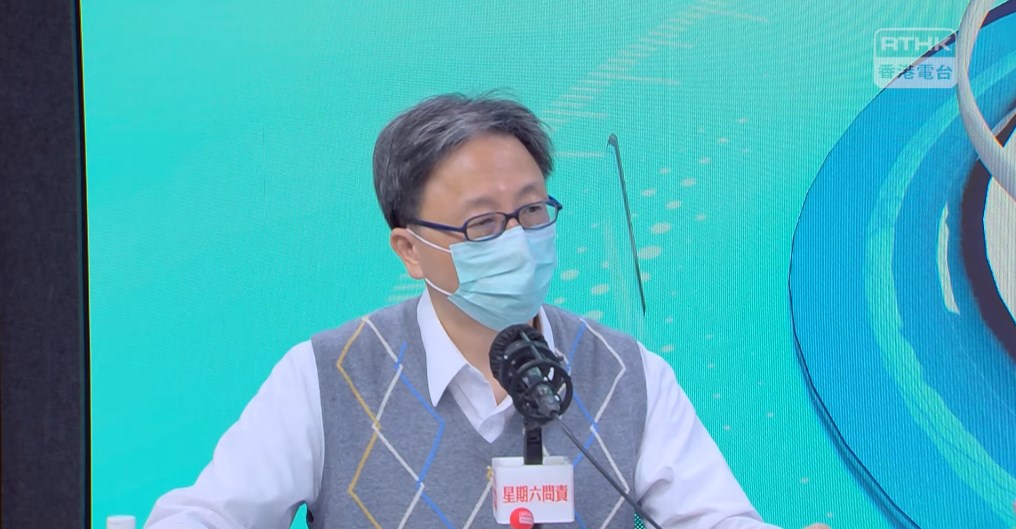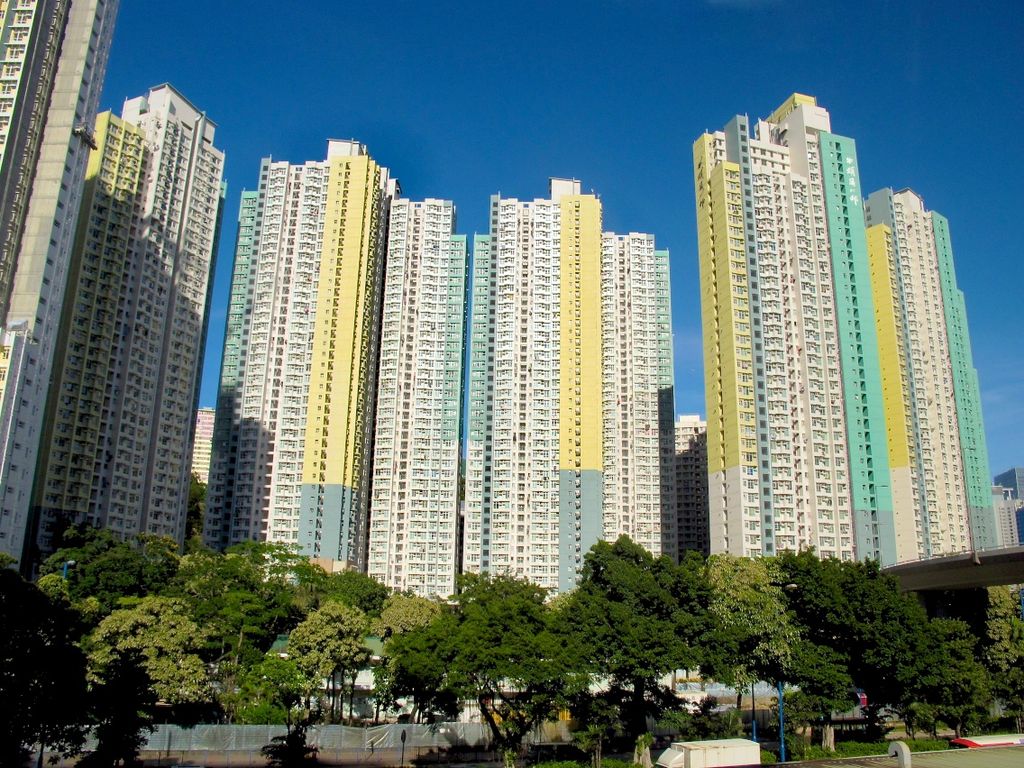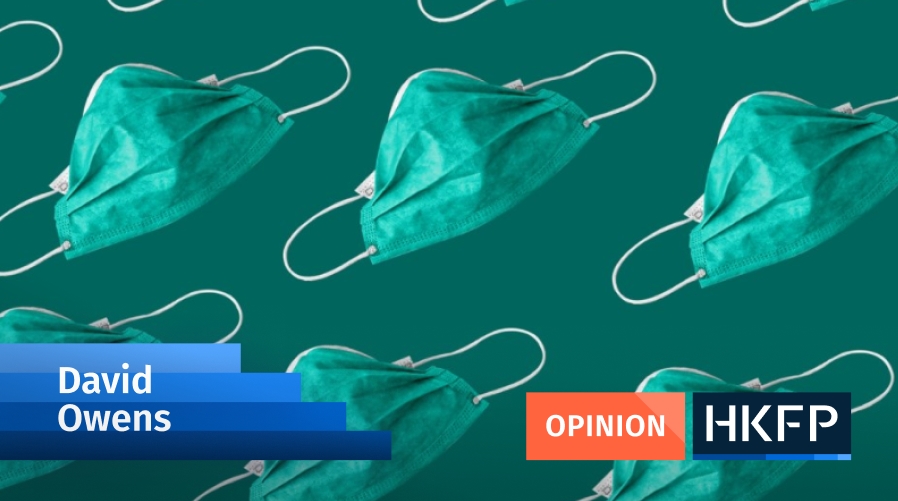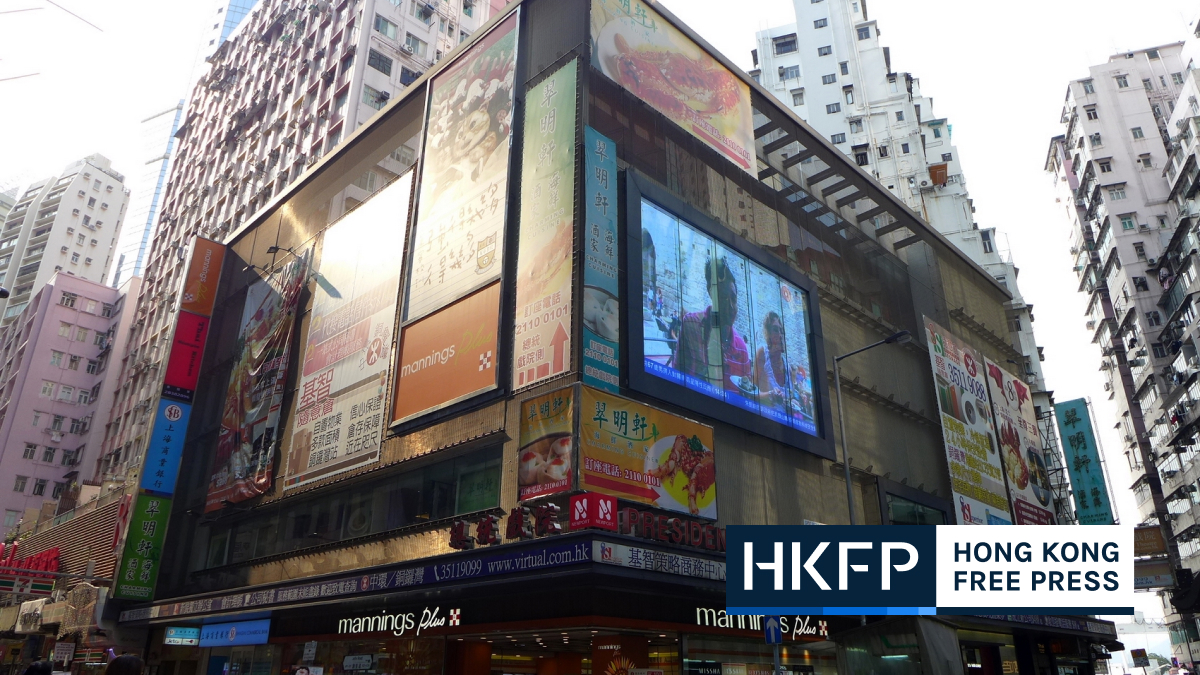A leading Hong Kong microbiologist has said the government should consider scrapping its policy of putting dozens of residences under compulsory Covid-19 testing every day, calling the resource-intensive measure no longer meaningful in the city’s fight against the virus.

The law requires that residents of named buildings undergo Covid-19 testing if there are cases linked to their location or if sewage samples return positive results for the virus.
The University of Hong Kong’s Ho Pak-leung said on Commercial Radio on Monday that the practice had “played an important role” earlier on in the pandemic.
“But when the epidemic situation changes, we should not lose our direction. Now, in Hong Kong, we have around 70,000 to 80,000 [Covid-19] cases every week… basically there is viral load in sewage samples across the city,” Ho said.
“The focus [of the anti-epidemic strategy] has shifted,” he added. “It is not to eliminate all transmission links in society, but to reduce the number of serious cases and ensure the medical system is not overburdened.”

Currently, authorities issue a list of residences placed under a compulsory Covid-19 testing order every night, which requires people who have stayed at those places for at least two hours to take a Covid-19 test at mobile specimen collection stations, community testing centres or recognised local medical testing institutions. The number of residences has increased recently, with about 60 to 80 daily in the past two weeks.
Those found to have breached the testing order may receive fines of HK$10,000. Last week, 38 people were fined at a residence in Kai Tak after it was discovered that they had not complied with the notice.
Ho added that the compulsory testing measure was at odds with the government policy which allows those who have tested positive for Covid-19 to isolate at home. “That means there would be vertical and horizontal transmission [in the building]. And so on the one hand, you accept that, but on the other hand, you continue to enforce the compulsory testing orders,” he said. “There is a conflict here.”

“[I] hope the government can listen to the views of the public [on its anti-epidemic measures] and explain the logic behind its policies,” Ho said.
7,938 new cases
The number of Covid-19 cases in Hong Kong has risen over the past few weeks, with over 10,000 new infections recorded on some days. The city recorded a drop in cases on Monday, adding 7,938 infections to its count.
“It is true that, over the past few days, it appears that the figures have stabilised and come down, but we still have to monitor closely,” said Chuang Shuk-kwan of the Centre for Health Protection. “We don’t yet know whether it has to do with the [public] holiday, and whether there will be a rebound afterwards,” she said in reference to the three-day weekend for the Mid-Autumn Festival, traditionally a time for family gatherings.
In response to a reporter’s question during Monday’s Covid-19 briefing about whether authorities would take Ho’s advice and scrap the compulsory testing orders, Chuang said the government would consider expert views and make changes if necessary.
Support HKFP | Policies & Ethics | Error/typo? | Contact Us | Newsletter | Transparency & Annual Report | Apps
Help safeguard press freedom & keep HKFP free for all readers by supporting our team















